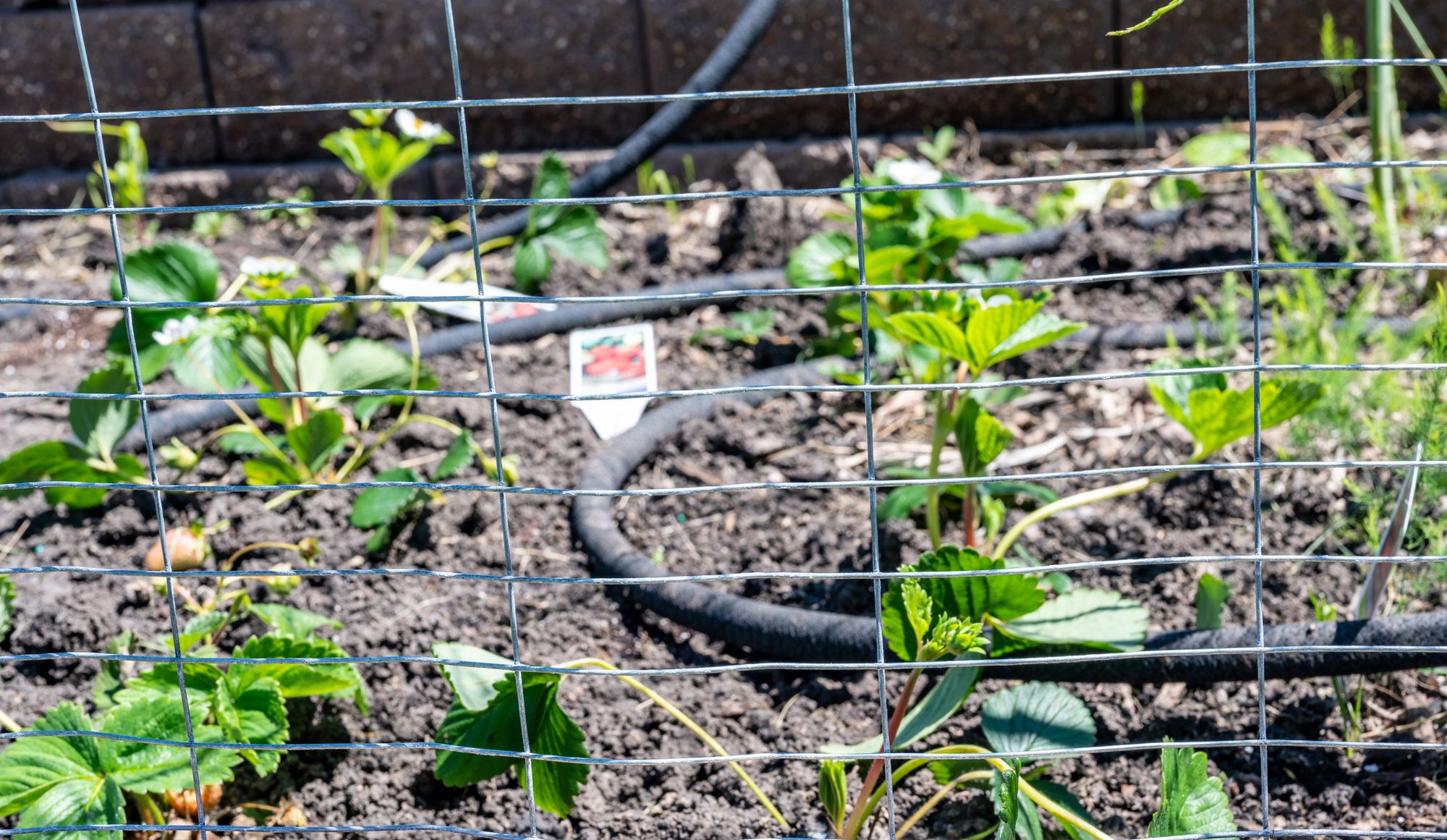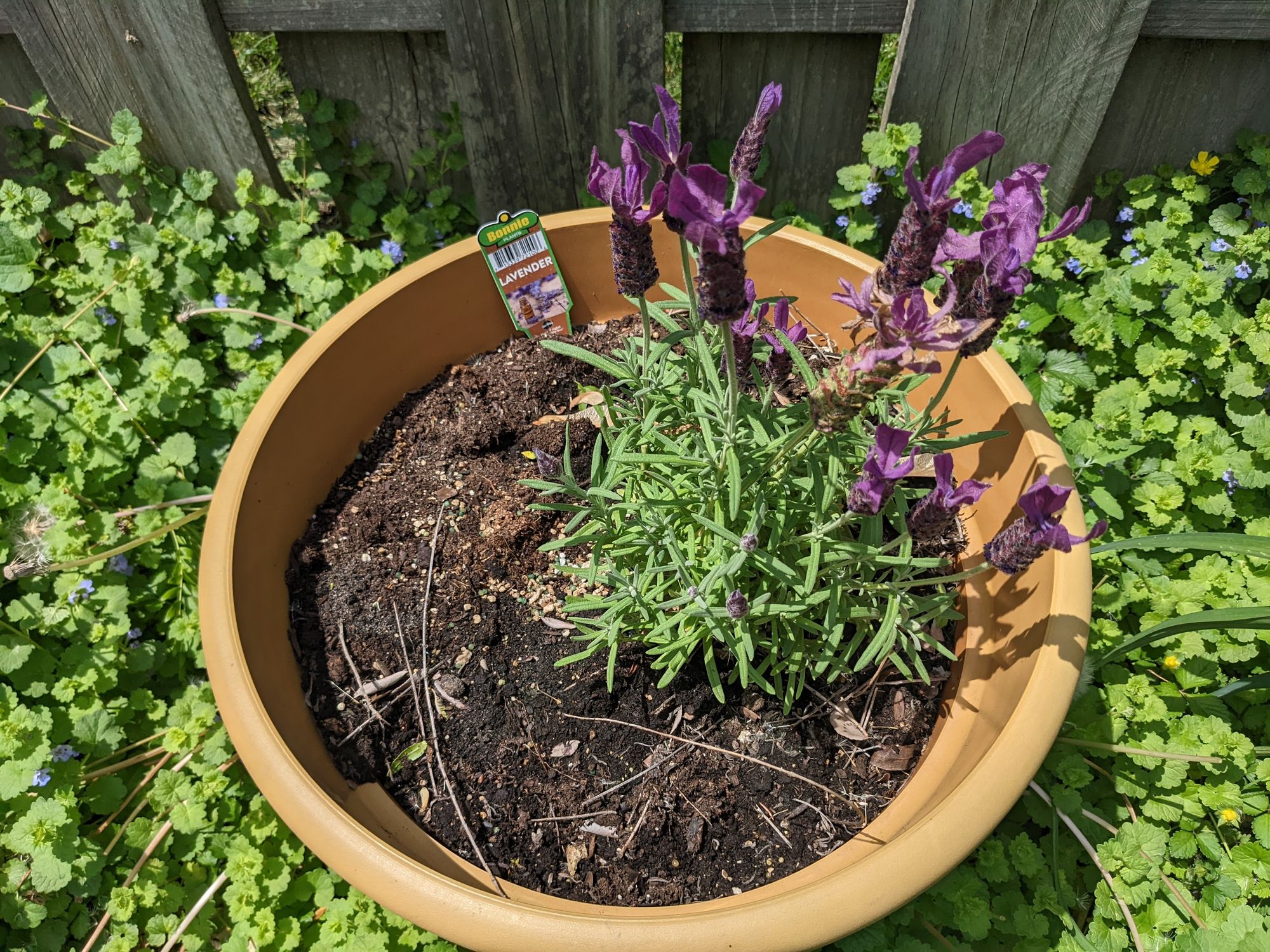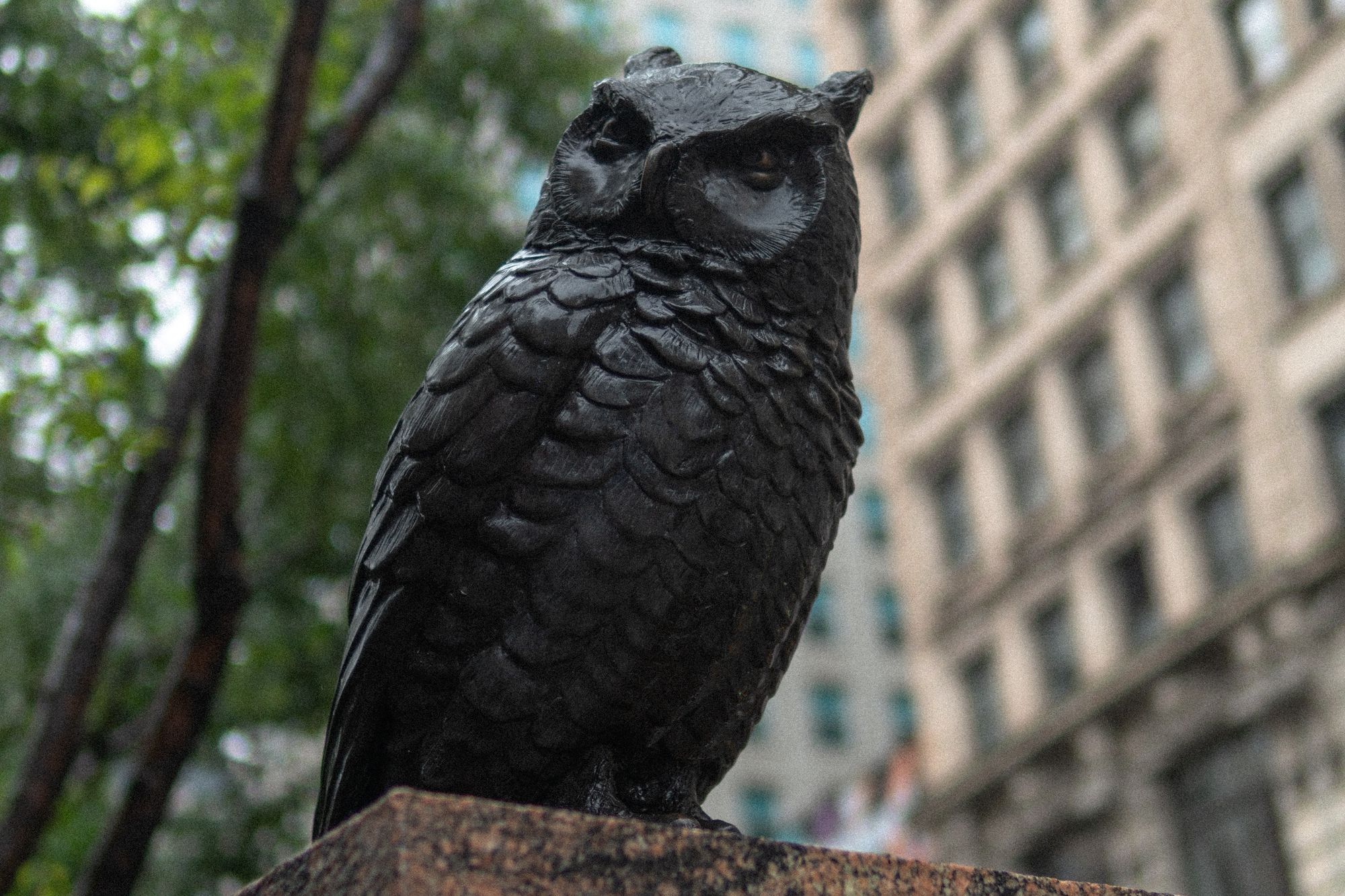Keeping Your Urban Garden Safe: Effective, Eco-Friendly Rodent and Cat Control

If you're like me, you've probably spent countless hours nurturing your plants and creating a green oasis in the city. And then IT happens. You go out in the morning to water your container garden, only to find your precious pots have been violated! Holes dug and soil strewn about. Seedlings trampled and uprooted. A twitchy squirrel sitting on your patio wall, feeling all smug and satisfied about the chaos and distress it has caused you (probably).
What happens when uninvited guests, like rodents and cats, come to visit your garden, trespassing and destroying your little patch of nature? In this post, we'll discuss some ways to protect your urban garden from these furry intruders without using harmful chemicals or resorting to lethal methods. Try out these 7 non-toxic, DIY, and low-cost solutions to keep your garden safe and flourishing.
Understanding the Attraction
Before we dive into the solutions, it's essential to understand what attracts rodents and cats to your garden in the first place. After all, by creating a piece of nature, we shouldn't be surprised when more nature shows up! But addressing these factors, hopefully we can make our gardens less appealing to the unwanteds.
- Food sources: Rodents, like rats and mice, are attracted to food. They love feasting on fallen fruits, vegetables, and seeds. Squirrels and raccoons also enjoy snacking on these garden goodies.
- Shelter: Urban gardens provide excellent hiding spots for small animals. Dense foliage, compost piles, and woodpiles make perfect nesting sites for rodents.
- Water: Standing water in your garden, such as birdbaths and puddles, can attract rodents and cats looking for a drink.
Basically, little animals like our gardens because they find food, water, and places to hide there.
Non-Toxic, DIY, and Low-Cost Solutions
1. Fencing and barriers: Physical barriers can be a very effective way to protect your garden. Use wire mesh or chicken wire to create fences around your garden beds, burying the bottom 6-12 inches into the ground or container if possible to prevent burrowing. To deter cats, install a cat-proof fence or use plastic or metal spikes along the top of your existing fence. Remember to check local regulations before installing any tall barriers.

2. Remove attractants: To discourage rodents, keep your garden clean and tidy. Remove fallen fruits, vegetables, and seeds promptly. Store compost in a secure bin with a tight lid, and avoid adding meat or dairy products to your compost pile, which can attract rodents. Remove standing water or provide water sources with a motion-activated sprinkler, which can scare off unwanted visitors.
3. Plant rodent-repellent plants: Some plants have scents that rodents and cats dislike. Planting these in your garden can help deter them. Examples include lavender, mint, garlic, and marigolds.

4. Homemade repellents: You can create your own non-toxic repellents using ingredients like cayenne pepper, garlic, and essential oils. Mix these with water and a bit of dish soap, and spray around the garden to deter rodents and cats. Be sure to reapply after rain or watering.
5. Ultrasonic repellents: These devices emit high-frequency sounds that rodents and cats find unpleasant. They are a humane, non-toxic way to protect your garden. Just make sure to check if the ultrasonic repellent is safe for other animals, like birds or any nearby pets.
6. Encourage natural predators: One way to keep rodent populations in check is by attracting their natural predators to your garden. Birds of prey, like owls and hawks, can help control rodent populations. If possible, consider install nesting boxes and bird feeders to encourage their presence. Just be sure not to attract larger predators that could cause other problems in your urban garden (or for your pets!). Not crazy about inviting the big birds to your garden? Try some decoys instead.

7. Motion-activated devices: Motion-activated sprinklers, lights, or audio sounds can help deter rodents and cats from entering your garden. When they detect movement, they'll activate and startle the intruders, making them less likely to return.
Protecting your urban garden from rodents and cats can be a challenge, but with these non-toxic, DIY, and low-cost solutions, you can keep your garden safe and thriving. By understanding what attracts these animals and using a combination of barriers, repellents, and deterrents, you'll be able to enjoy a beautiful, pest-free garden.
With a little creativity and persistence, you can keep your garden safe and flourishing, no matter where you live.

Comments ()